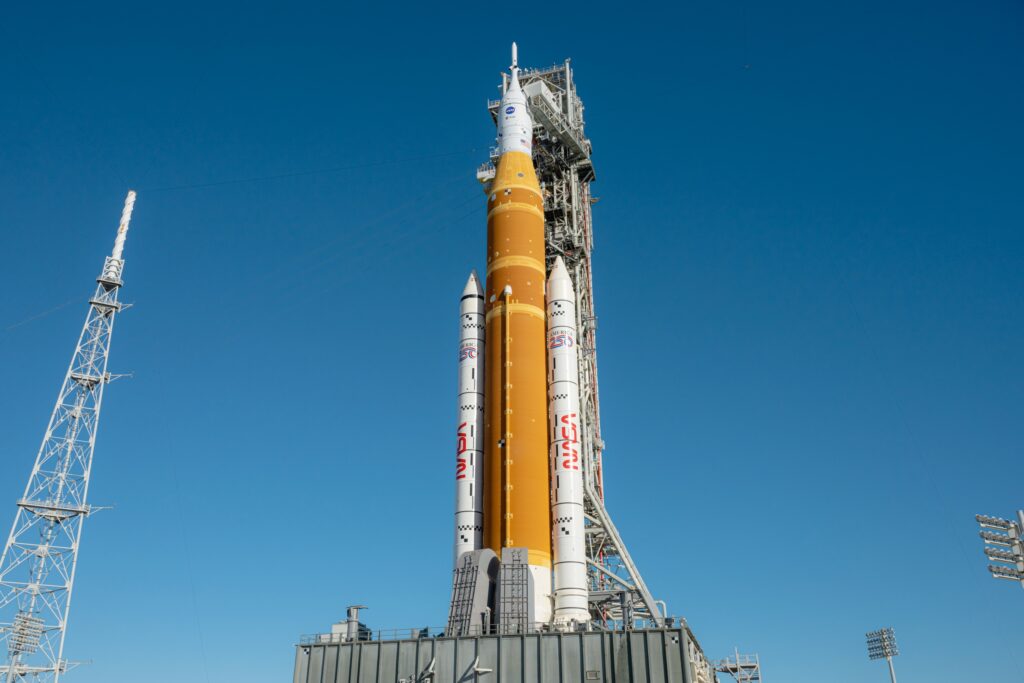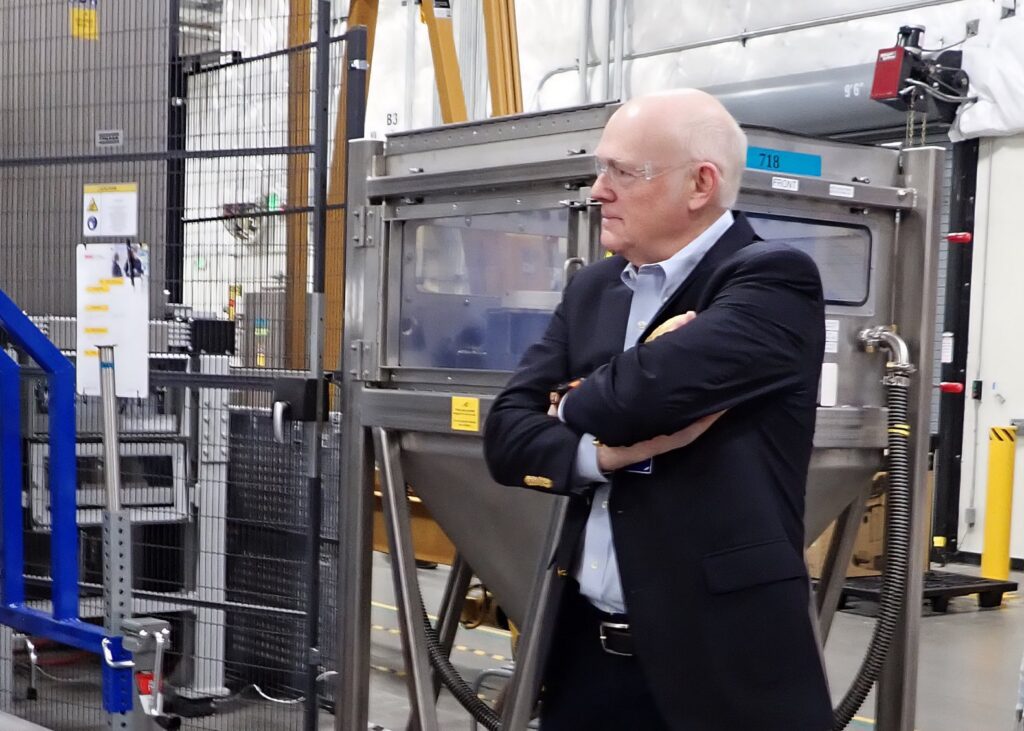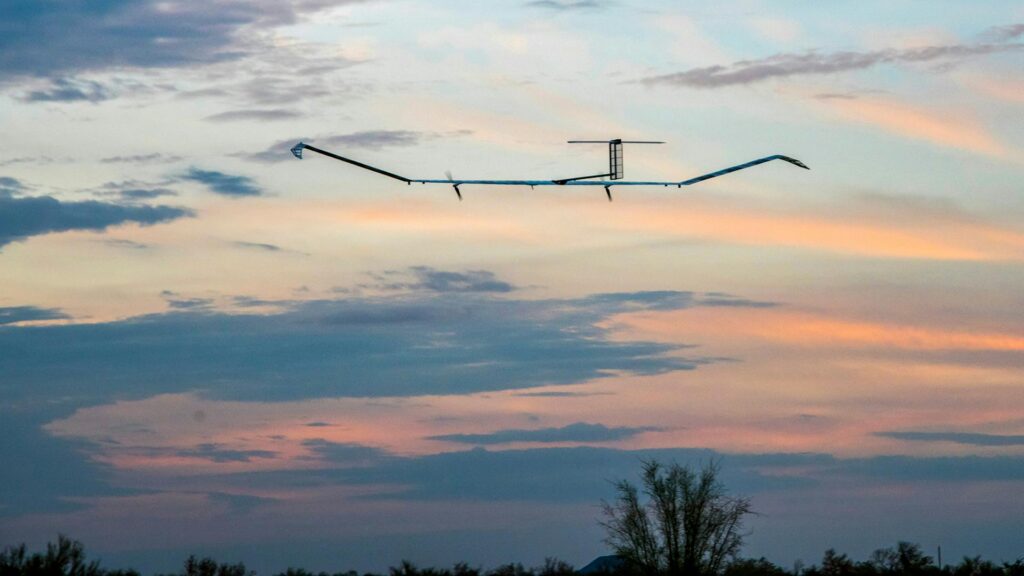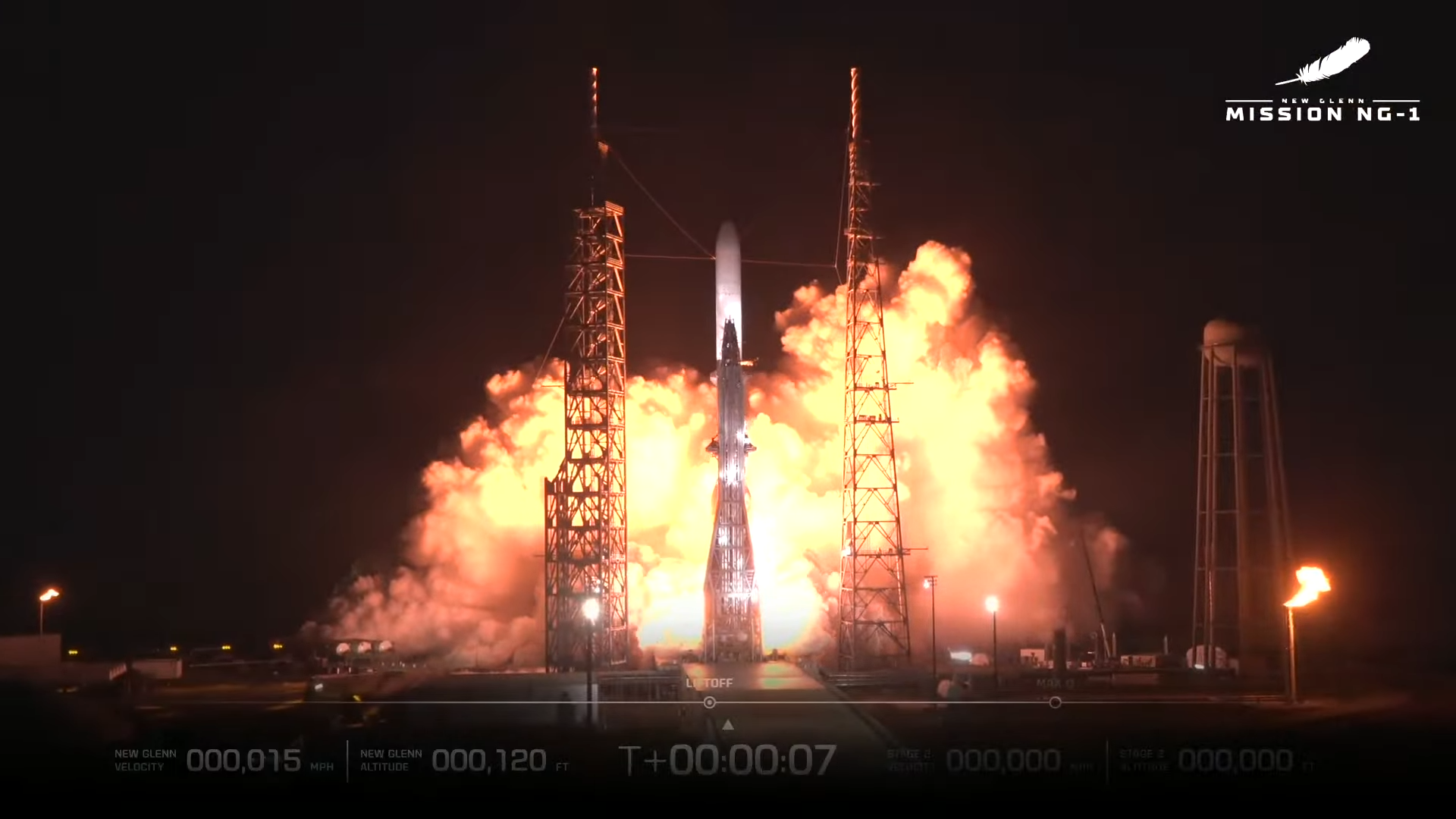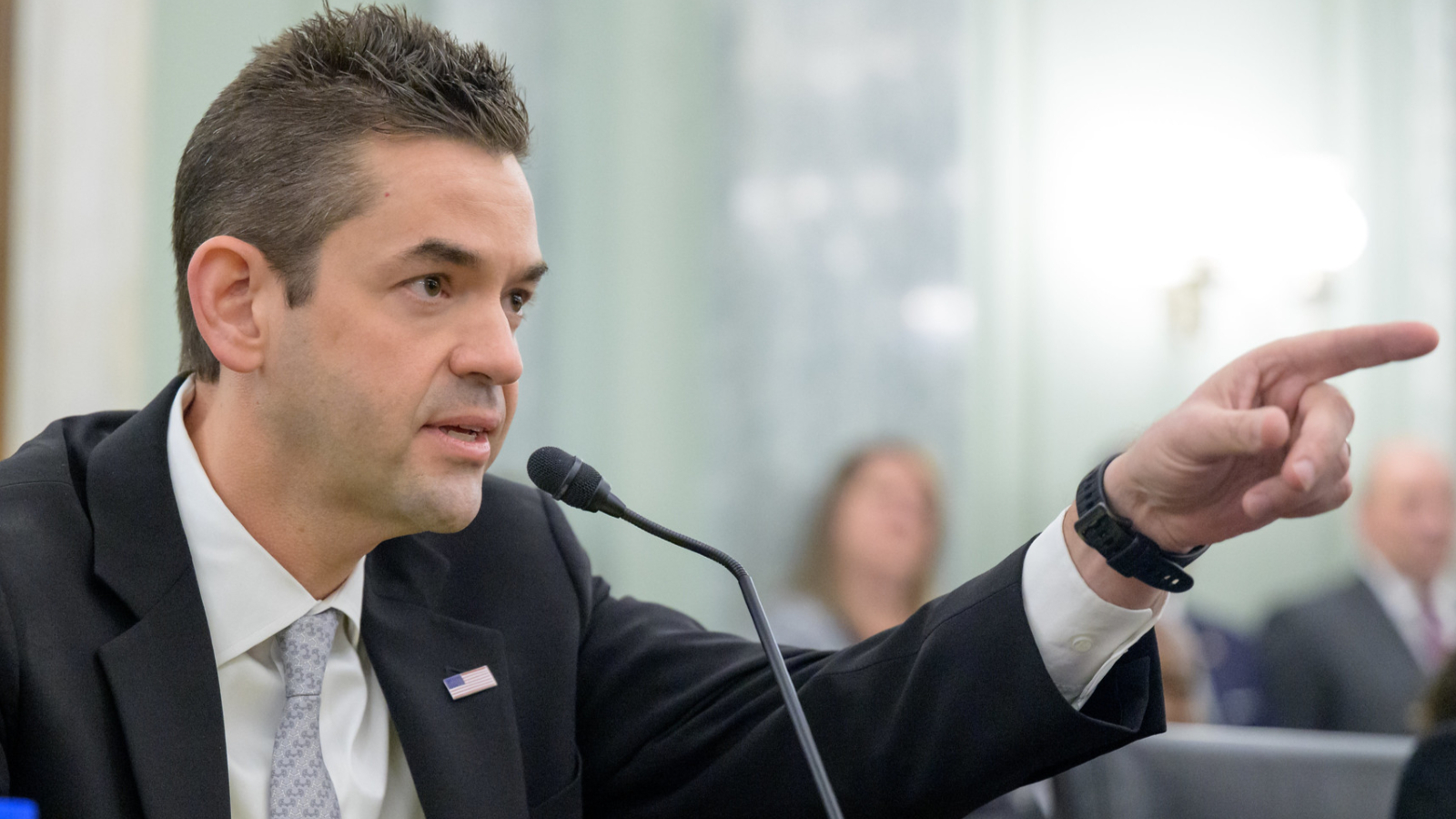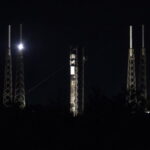Now Reading: Europe clears SES-Intelsat deal without conditions
-
01
Europe clears SES-Intelsat deal without conditions
Europe clears SES-Intelsat deal without conditions
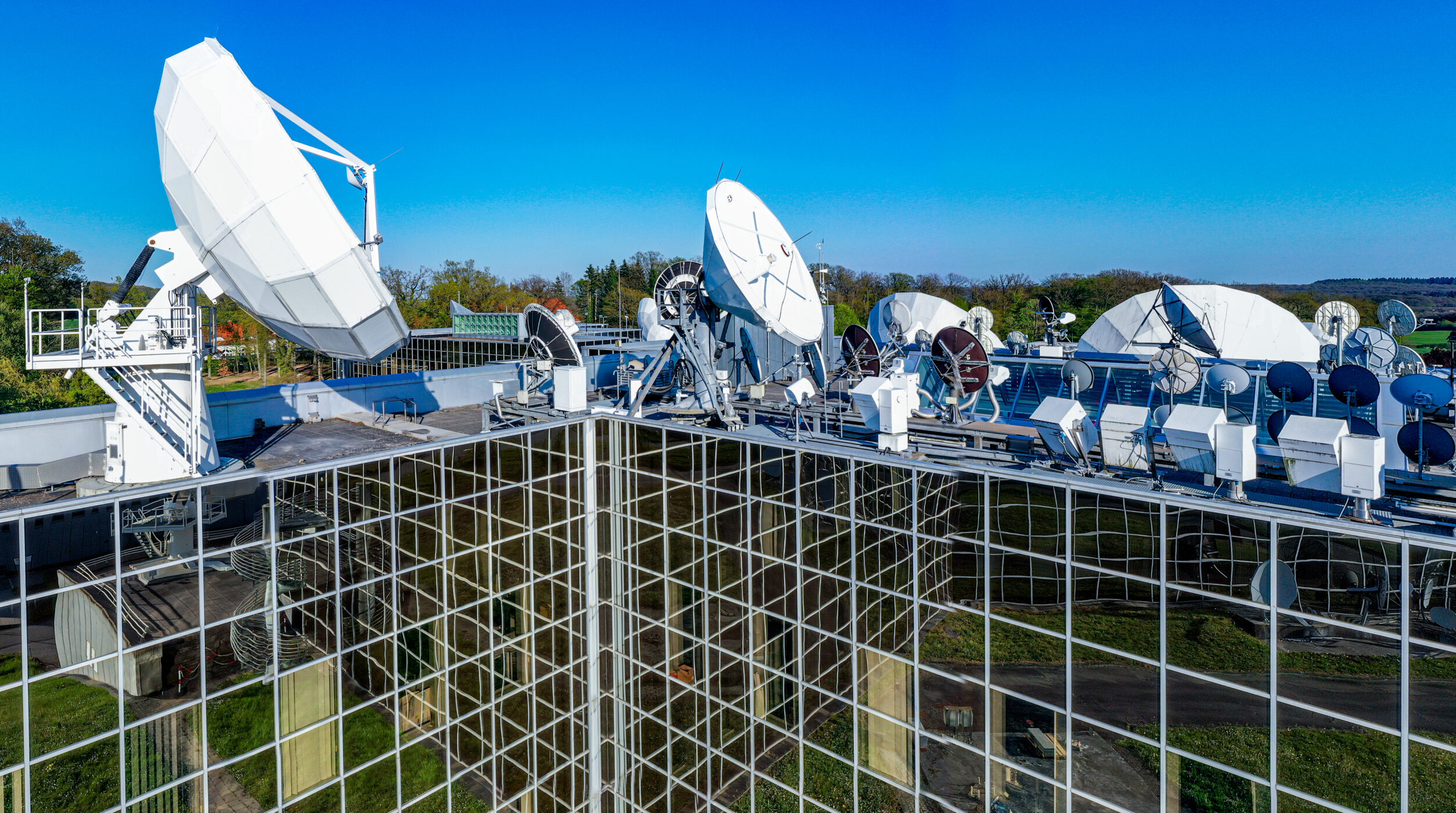
TAMPA, Fla. — Europe has unconditionally approved SES’ plan to buy rival satellite operator Intelsat, leaving the United States as the final major regulatory hurdle in the way of the $4 billion deal.
The European Commission said June 9 that the merged group faces sufficient competition from terrestrial alternatives such as fiber for media services, and from low Earth orbit operators like SpaceX’s Starlink in the connectivity market.
The decision follows similar unconditional approval last month from the United Kingdom’s Competition and Markets Authority (CMA), which June 10 published details of an investigation that had focused in particular on the lucrative inflight connectivity (IFC) market.
“The CMA found that the Merged Entity would face significant competitive pressure in the supply of broadband IFC services to commercial airlines, including from vertically integrated companies such as Starlink and Viasat Inmarsat,” the British regulator said.
“These competitive pressures are expected to increase further due to the planned entry of Amazon Kuiper.”
The CMA found that Viasat, Intelsat and Panasonic were the leading IFC service providers in 2024 by number of connected aircraft, with estimated global market shares of 30–40%, 20–30% and 20–30%, respectively.
However, Starlink and Viasat were by far the largest providers based on aircraft with IFC systems procured but not yet installed, holding an estimated 50–60% and 40–50% of that segment, respectively.
“The shares based on backlog aircraft also suggest that Echostar Hughes (another vertically integrated operator) has been growing materially, while Intelsat and Panasonic have recently been less successful,” the CMA said.
“Commercial airlines and third-party IFC suppliers indicated that Starlink, Viasat Inmarsat and Intelsat are the strongest providers. A few airlines and IFC suppliers also viewed Echostar Hughes as strong, while views on Panasonic were mixed (with a few airlines and IFC suppliers considering it to be strong).”
The CMA added that third parties had told the regulator they expected “a significant increase in satellite capacity and falling prices,” driven by recent or planned entries from major players including Starlink, Viasat and Amazon Kuiper.
The road ahead
Although both operators are headquartered in Luxembourg, Intelsat’s main operations and administrative center are based in the United States.
SES CEO Adel Al-Saleh told analysts April 30 that the Federal Communications Commission and Department of Justice in the United States were the most significant regulatory reviews remaining, along with the European Commission and CMA.
He also said SES anticipated closing the transaction early in a previously forecasted window of the second half of 2025.
The boards of both companies unanimously approved the merger after announcing the deal in April 2024, and Intelsat shareholders overwhelmingly gave their blessing June 5.
SES recently estimated the acquisition would cost 3.5 billion euros ($4 billion), including 3 billion euros in cash and 531 million euros in contingent payments tied to the potential monetization of Intelsat’s C-band spectrum.
Stay Informed With the Latest & Most Important News
-
 01Two Black Holes Observed Circling Each Other for the First Time
01Two Black Holes Observed Circling Each Other for the First Time -
 02From Polymerization-Enabled Folding and Assembly to Chemical Evolution: Key Processes for Emergence of Functional Polymers in the Origin of Life
02From Polymerization-Enabled Folding and Assembly to Chemical Evolution: Key Processes for Emergence of Functional Polymers in the Origin of Life -
 03Astronomy 101: From the Sun and Moon to Wormholes and Warp Drive, Key Theories, Discoveries, and Facts about the Universe (The Adams 101 Series)
03Astronomy 101: From the Sun and Moon to Wormholes and Warp Drive, Key Theories, Discoveries, and Facts about the Universe (The Adams 101 Series) -
 04Φsat-2 begins science phase for AI Earth images
04Φsat-2 begins science phase for AI Earth images -
 05Hurricane forecasters are losing 3 key satellites ahead of peak storm season − a meteorologist explains why it matters
05Hurricane forecasters are losing 3 key satellites ahead of peak storm season − a meteorologist explains why it matters -
 06Thermodynamic Constraints On The Citric Acid Cycle And Related Reactions In Ocean World Interiors
06Thermodynamic Constraints On The Citric Acid Cycle And Related Reactions In Ocean World Interiors -
 07Binary star systems are complex astronomical objects − a new AI approach could pin down their properties quickly
07Binary star systems are complex astronomical objects − a new AI approach could pin down their properties quickly












